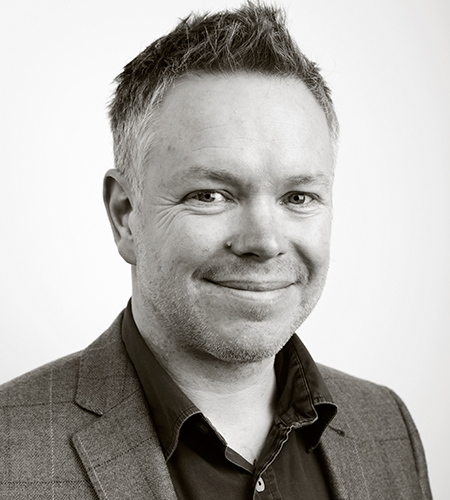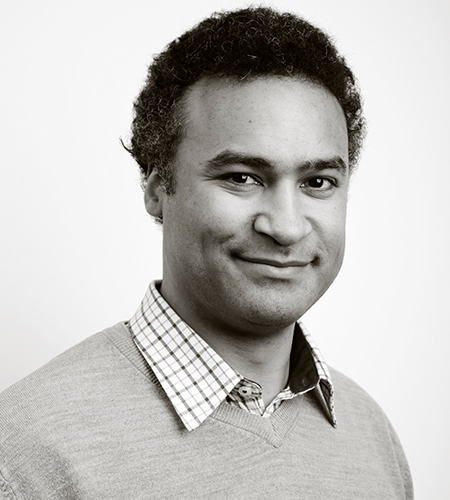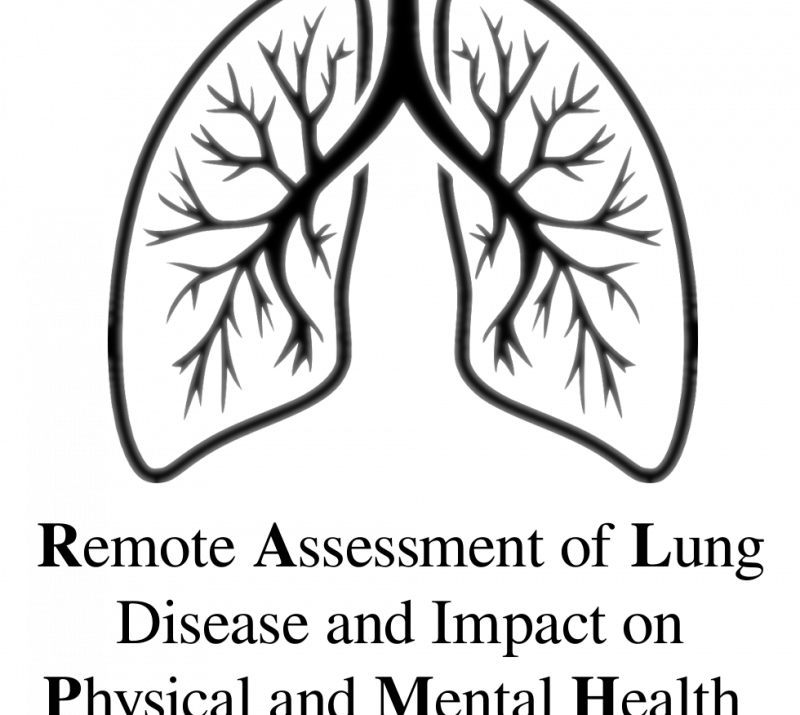

Description
NIHR Maudsley BRC have teamed up with Fitbit and The Center for Behavioural Technologies at Northwestern University to develop SleepSight, a wrist-worn sleep sensor and smartphone application to detect the early signs of relapse in people with schizophrenia living in their homes.
Deteriorating sleep quality is widely recognised as a potential sign of relapse in schizophrenia. SleepSight is designed to track the quality of sleep in people with schizophrenia and identify irregular sleep patterns. This enables timely action to prevent a full relapse and hospitalisation.
Around 80% of individuals with psychosis relapse within 5 years and often require hospitalisation. With hospital care for schizophrenia costing the NHS around £3.9 billion a year, preventing further relapse events is vital. Moreover, this new technology is designed to give individuals a sense of control over their own health and a chance to benefit from self-monitoring in the community.
SleepSight uses a Fitbit Charge HR wrist worn monitor linked to a smartphone application to measure a sleeper’s movement, heart rate, and daily activity (people have a much lower heart rate and move less during sleep). This sleep-related information is encrypted and sent via the mobile data network to a secure server for real-time analysis.
In the future, this live monitoring technology could be used to feed back information to the user and their community care team to alert them to when changes in sleep are about to trigger relapses.
To learn more about how sleeping patterns might predict relapse, NIHR Maudsley BRC and King’s College London, directed by lead clinician Dr Nick Meyer, have set up a pilot study enrolling 20 relatively stable adults with schizophrenia not undergoing a relapse. They plan to use this data to identify the signs an individual could be about to relapse.
SleepSight is the only sleep-quality monitoring system capable of delivering real-time data to users’ phones and computers at any time. It is inexpensive (£120 per unit), portable, fast, and non-invasive, and has the potential to bring personalised medicine to mental health issues like schizophrenia. Key to the success of the project will be ensuring individuals with psychosis are motivated to use the technology long term.







